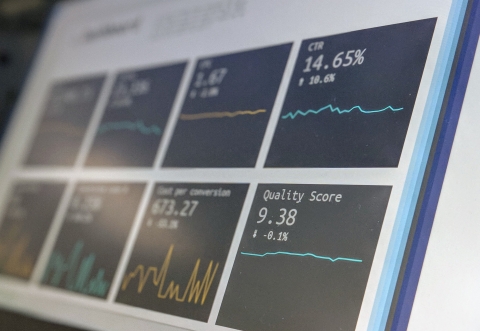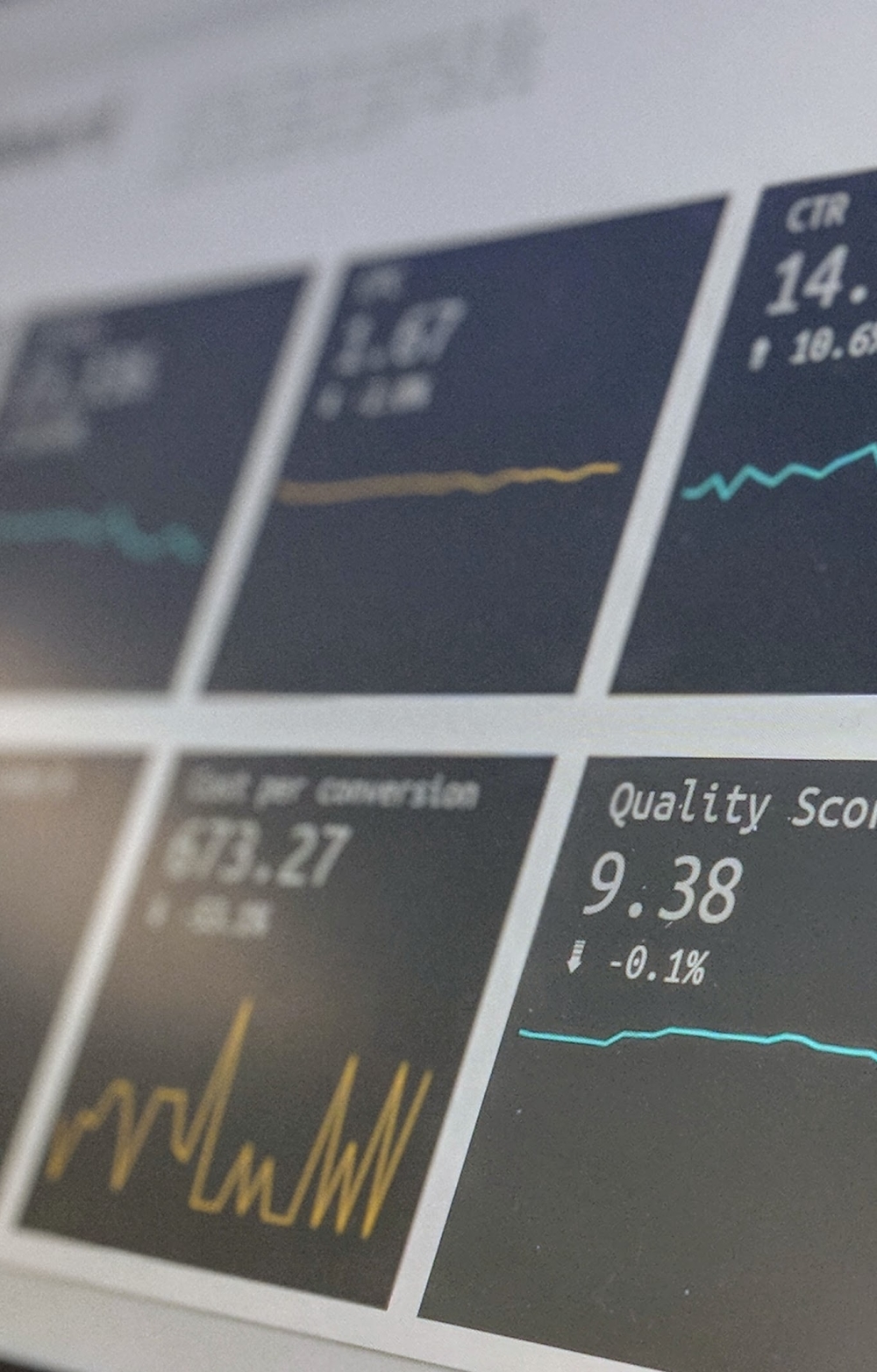Reasonable Market Data Costs Benefits the Real Economy
The fundamental function of a trading venue is to match buyers and sellers of securities at a price that balances supply and demand through transparent rules and processes. The sale of market data is a related but separate by-product of that primary function.
Over the last few decades trading venues and in particular, incumbent exchanges have greatly evolved in response to market forces and technological and regulatory developments. The privatization of exchanges and market participants’ implementation of best execution or fiduciary duty obligations has given exchanges significant market power with respect to market data that is unique to their trading venue. Globally, exchanges utilize their market power with the consequence of limiting market data access, data distribution and competition. The negative effects of increased market data costs are widely recognized, including by supervisory authorities.
Despite some attempts to solve the problems, market data costs have continued to increase.
Increasing market data costs have forced many data users to scale back their data purchase to a minimum, and
sometimes economically sub-optimal, level, deselecting certain types of securities or markets – especially smaller
companies and smaller, foreign markets. Both in the EU and globally, this results in reduced transparency, decreased levels of cross-border competition, lower market integration, less informed markets, higher costs for investors and potential higher cost of capital. In short, the high market data costs distort the development of efficient capital markets, which harms companies and investors and ultimately the real economy.
In view of the above, we recommend that;
• the MiFIDII and MiFIR requirements and the relevant delegated regulations are properly enforced, and the necessary framework is put in place to enable enforcement.
• pricing lists published by trading venues become easily comparable. We propose that the fee schedules provided by the trading venues are harmonized and simplified.
• market data agreements are drastically simplified and are valid long enough (at least one year) in order for data users to avoid having to deploy unnecessary resources.
• audit procedures are simplified and harmonized.
• high level definitions (information/market data, derived data/other original created work, display use/ non-display use, etc.) are harmonized.
• the role of data vendors should be given a higher level of regulatory attention.
• principles on the pricing of market data costs, definitions and policies should be developed at a global level, preferably by IOSCO
• additional steps be taken in case the above measures do not prove sufficient within a reasonable period of time,
Concurrently, it should be assessed whether competition authorities rather than financial supervisory authorities would be better suited for ensuring that market data is charged on “reasonable commercial basis”.
------------------------------------------------------
EFAMA is the voice of the European investment management industry, representing 28 member associations, 59 corporate members and 22 associate members. At end 2018, total net assets of European investment funds reached EUR 15.2 trillion. These assets were managed by almost 62,000 investment funds, of which more than 33,000 were UCITS (Undertakings for Collective Investments in Transferable Securities) funds, with the remaining funds composed of AIFs (Alternative Investment Funds).
EFSA is a forum of European Securities Associations gathering the Association for Financial Markets in Europe (AFME), the French Association of Financial Markets (AMAFI), the Spanish Asociación de Mercados Financieros (AMF), the Italian Association of Financial Intermediaries (ASSOSIM), the Danish Securities Dealers Association (DSDA), The German Federal Association of Securities Trading Firms (bwf), The Polish Securities Dealers Association (IDM) and the Swedish Securities Dealers Association (SSDA).



























